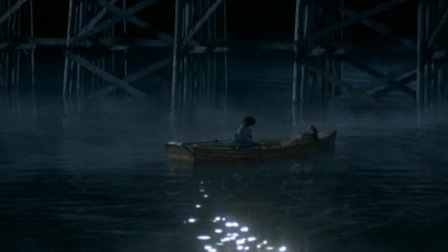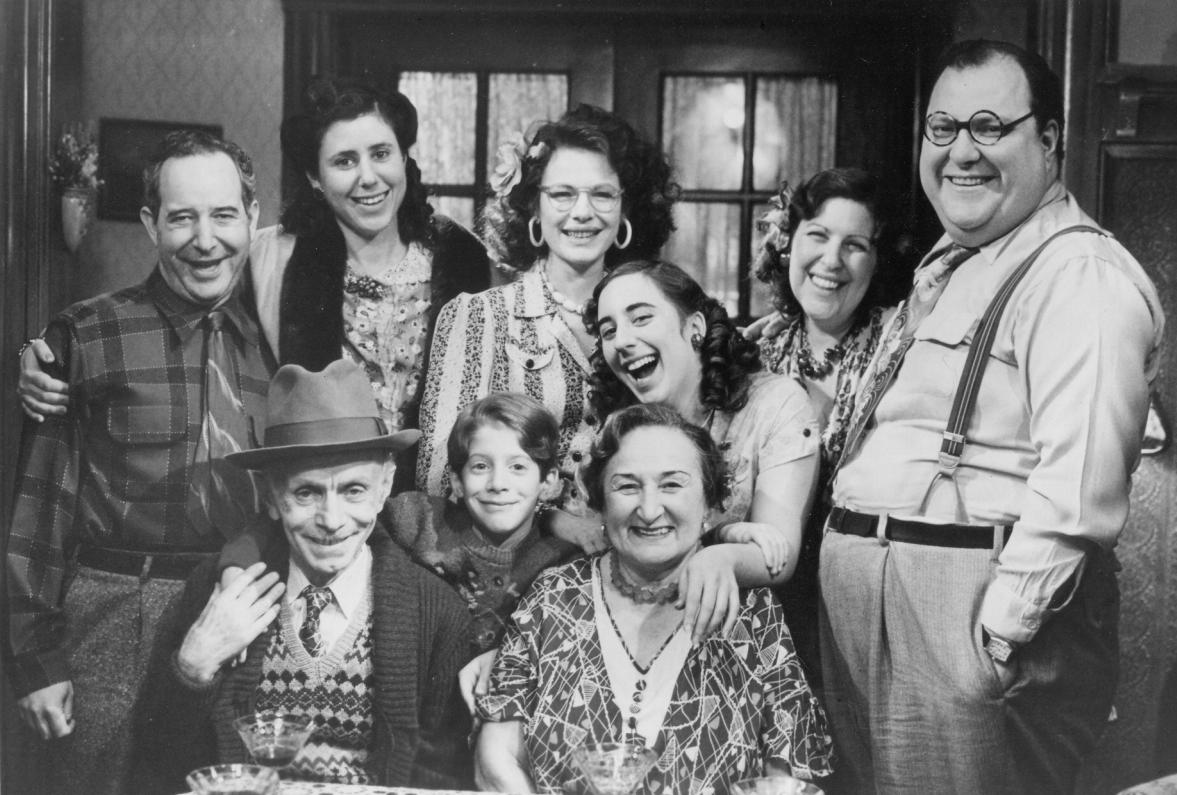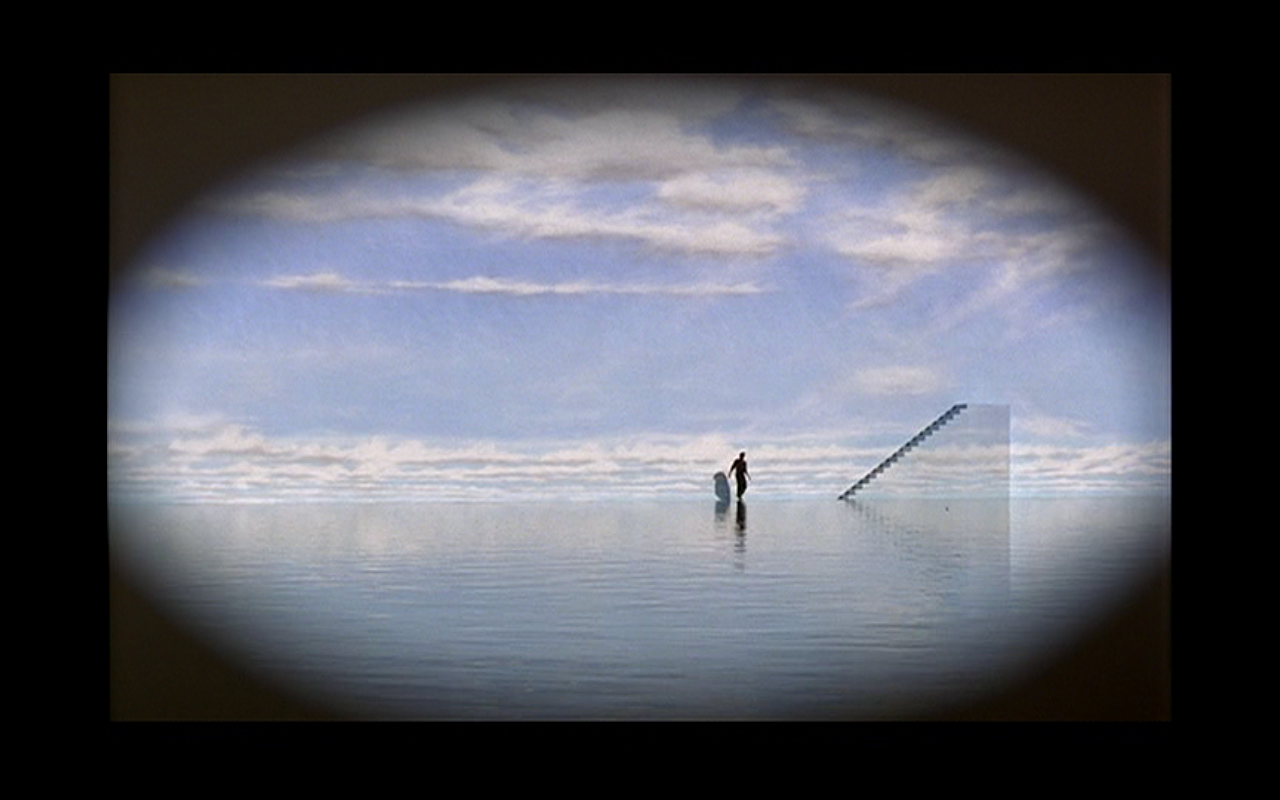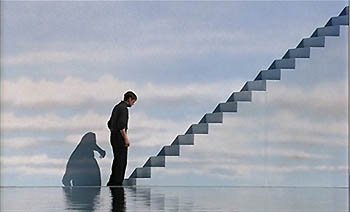This was originally published in the January 22, 1988 issue of the Chicago Reader. — J.R.
HOUSEKEEPING **** (Masterpiece)
Directed and written by Bill Forsyth
With Christine Lahti, Sara Walker, Andrea Burchill, Anne Pitoniak, Margot Pinvidic, and Bill Smillie.
Two or three days and nights went by; I reckon I might say they swum by, they slid along so quiet and smooth and lovely. — The Adventures of Huckleberry Finn

Marilynne Robinson’s novel Housekeeping is virtually defined by its slow, swirling rhythms, but one of the first things that is apparent about Bill Forsyth’s passionate, faithful film adaptation is that, as story telling, it starts out with a hop, skip, and jump; and although an idea of leisurely pacing is sustained throughout, the movie never dawdles, stalls, or grinds to a halt. Like the magical opening of Terrence Malick’s 1973 Badlands and the no less incandescent ending of his 1978 Days of Heaven –- two more films in which the heroine’s offscreen narration plays a musical role in the narrative structure -– the story unfolds with the combined immediacy and remoteness of a fairy tale. An elliptical stream of details and events spanning three generations flows by in minutes, without imparting any feeling of haste. Read more
This is the very first long review I ever published in the Chicago Reader. It was published in their March 13, 1987 issue, about five months before I moved to Chicago from Santa Barbara and started working as their regular film critic, and writing this piece was part of my audition for the job. (They commissioned two other pieces from me, neither of which they ran, as part of the same audition; both of these reviews — on Oliver Stone’s Platoon and on Bertrand Tavernier’s ‘Round Midnight — are now available on this site.)
This article has never previously appeared online, on the Reader’s website or anywhere else. It ran originally with the same black and white still reproduced here. Readers familiar with my essay, “Notes Toward the Devaluation of Woody Allen,” written about three years later, may notice that I borrowed a few passages in it from this review. My original title for this review, “Woody’n You,” was rejected by the Reader editors, who didn’t catch or dig the jazz reference. — J.R.

*RADIO DAYS
Directed and written by Woody Allen
With Seth Green, Julie Kavner, Michael Tucker, Mia Farrow, Dianne Wiest, and Diane Keaton.
It’s hard to think of a contemporary American filmmaker who is more universally admired than Woody Allen –- a fact that may say more about us than it says about Woody. Read more
From the June 5, 1998 Chicago Reader. — J.R.


The Truman Show
Rating ** Worth seeing
Directed by Peter Weir
Written by Andrew Niccol
With Jim Carrey, Laura Linney, Noah Emmerich, Natascha McElhone, Holland Taylor, and Ed Harris.

Undeniably provocative and reasonably entertaining, The Truman Show is one of those high-concept movies whose concept is both clever and dumb. Let’s start with the clever part. A 29-year-old insurance salesman named Truman Burbank (Jim Carrey), who lives in a seemingly utopian small town named Seahaven on an island off the coast of somewhere like Florida or California, gradually discovers that he’s the unwitting star of a TV show — a show that’s been running 24 hours a day since his birth. Everyone else on the island is an actor or an extra — including his wife Meryl (Laura Linney), his best friend Marlon (Noah Emmerich), and his mother (Holland Taylor) — and 5,000 hidden cameras are planted all over town to record his every movement. The show has no commercials in the usual sense, subsisting instead on product placements accompanied by advertising patter from Seahaven residents, including Truman’s wife, who extols the virtues of a new gadget she bought at the supermarket or recommends that he try a new brand of cocoa. Read more





